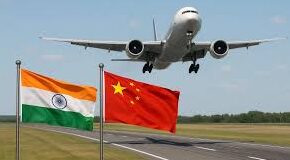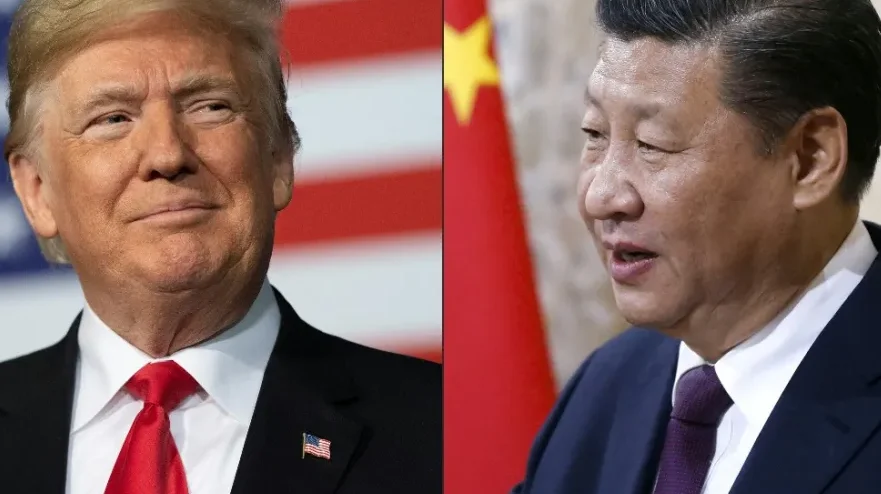New Delhi: India and China have agreed to restart direct flights and reopen trade links, including border trade at three points, as the two countries try to reset relations after the deadly 2020 clash along their disputed Himalayan border.
The agreement was reached on Tuesday during high-level talks in New Delhi between Chinese Foreign Minister Wang Yi and India’s National Security Advisor Ajit Doval.
According to India’s foreign ministry, both sides will not only reopen border trade but also make it easier for travellers and businesspeople to get visas. Direct flights between the two countries, which have been suspended since the COVID-19 pandemic, will also resume—though no date has been announced yet.
The talks are part of a broader effort by both countries to strengthen ties, with leaders on each side holding regular meetings. Prime Minister Narendra Modi, who met Wang in Delhi, said on X that “stable, predictable, constructive ties” between India and China would help regional and global peace. Modi is also expected to visit China later this month to attend the Shanghai Cooperation Organisation summit—his first visit there in over seven years.
Border Talks and Next Steps
The discussions in Delhi marked the 24th round of talks on the decades-old boundary dispute. Both sides spoke about pulling back troops along the Himalayan border, resolving boundary issues, and improving coordination.
China’s foreign ministry said the two countries will set up a working group to consult and coordinate on border matters, with talks covering the eastern and middle sections of the border. Talks on the western section are also expected “as soon as possible.” Beijing confirmed that the next round of meetings will take place in China in 2026.
Spotlight on China’s Mega Dam
Another major topic was China’s massive dam project on the Yarlung Zangbo river in Tibet, which becomes the Brahmaputra as it flows into India and Bangladesh. New Delhi raised concerns about the dam’s impact on millions who depend on the river downstream.
India pushed for “utmost transparency,” and in response, Beijing agreed to share emergency hydrological data with India on humanitarian grounds. Both sides also decided to set up an expert-level group on cross-border rivers and to keep communication open for flood reporting.
Chinese officials have previously argued that their hydropower projects in Tibet won’t harm the environment or downstream water supply, but India and Bangladesh remain cautious.
Trade and Other Concerns
During the talks, Wang also assured India that Beijing is addressing three of its key concerns—fertiliser supplies, access to rare earths, and tunnel boring machines.
The Indian ministries of foreign affairs and mines, as well as China’s commerce ministry, have not yet commented on the outcome of these discussions.






